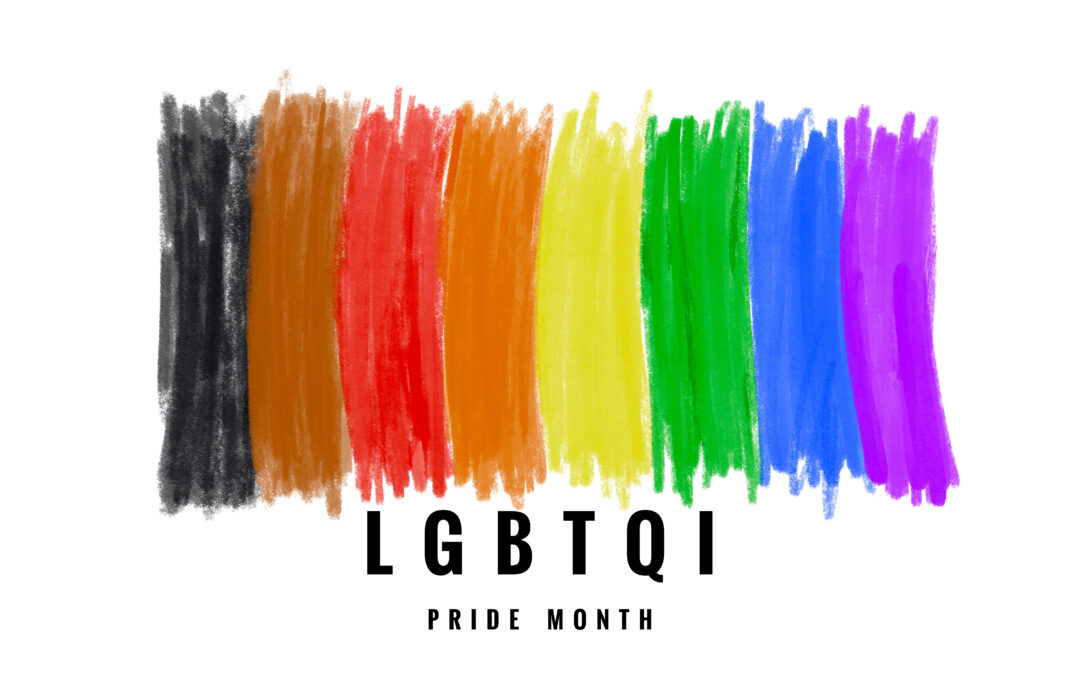There is strong evidence that members of the Lesbian, Gay, Bisexual, Transgender, Queer, Questioning, Intersexed (LGBTQI*) community are at a higher risk for experiencing mental health concerns, in particular depression and anxiety. Many in the LGBTQI community face discrimination, prejudice, civil and human rights violations and harassment, which can lead to new or worsened symptoms, particularly for those with intersecting racial or socioeconomic identities.
*This is not an exhaustive list of identities included in this community and related groups, such as those who identify as non-binary, two-spirit, third-gender, asexual and more.
Difficulties Accessing Appropriate Care
The LGBTQI community encompasses a wide range of individuals with separate and overlapping challenges regarding their mental health. Other identity factors, including race and economic status, can affect their ability to access care or the quality of care they receive.
The approach to sexual orientation and gender identity in mental health care often groups together anyone in the LGBTQI community, disregarding the unique challenges and experiences of each sub-community. Additionally, a lack of cultural competency from potential providers can lead to a fear of disclosing sexual orientation and/or gender identity due to potential discrimination or provider bias.
Confronting these barriers with an LGBTQI-inclusive mental health provider can lead to better outcomes, and ultimately, recovery.
How To Find The Right Mental Health Professional
There are important considerations when seeking LGBTQI-competent care. Here are a few steps to find a professional.
Step 1: Think About What You’re Looking For
The following are important things to consider as you begin to seek a mental health care provider:
- If you want a provider who shares specific parts of their identity with you, you may be able to find out if your provider is LGBTQI by reading their profiles or websites.
- It may be easier to find a provider that has a baseline competency in LGBTQI issues, rather than one who specializes in LGBTQI care. If your mental health conditions are not rooted in sexual orientation and/or gender identity, it may not be necessary for the provider to be specialized in LGBTQI issues.
- If you are transgender and are seeking a mental health professional to write a letter of support for gender affirming medical care or for legal documentation change, you should seek a provider who understands the insurance or legal requirements of support letters
Step 2: Gather Referrals
Many websites that provide mental health professional directory searches, including insurance company websites, have filters that allow you to show only mental health providers who have a specialty or competency in working with LGBTQI patients. By contacting your carrier’s information number, you may also receive assistance with finding providers in your area that accept your insurance and list LGBTQI competency in their profile.
Your SupportLinc program offers in-the-moment support, guidance, and expert referrals to local LGBTQI competent providers by calling 888-881-5462. Assistance is available hours a day, 365 days of the year.
Many LGBTQI organizations and community groups also provide directories that have been vetted by other LGBTQI people. You may want to check with:
- Local LGBTQI community centers
- Local LGBTQI health centers
- LGBTQI community groups such as equality groups, health collectives, social organizations, support groups
- Affirming places of worship
Step 3: Make the Call
You may find it difficult to make an initial call to a mental health provider. Transgender people in particular may feel uncomfortable talking on the phone due to concerns about being misgendered due to their natural voice range. If you find you’re reluctant to call, ask a friend or family member to call for you.
When making the initial call, feel free to ask the provider if they have previous experience with or if they are comfortable working with LGBTQI patients. You can wait to ask this during the first appointment, but you may save time and energy inquiring at the start.
Step 4: Ask Questions
Providers expect and welcome questions from their patients or clients, since this helps them better understand what is important in their treatment.
In your first visit with a mental health provider, be forthright about the fact that you are looking for an LGBTQI competent provider. To avoid selecting a practitioner that uses the discredited and harmful practice of conversion or reparative therapy – aimed at changing a person’s sexual orientation or gender identity – ask, “Do you provide conversion therapy or reparative therapy?” and follow up by asking how they feel about that specific practice to make sure you are not selecting a provider that advocates for this type of treatment.
Additionally, you should not feel like you need to educate providers about the basic concepts of LGBTQI identities. To prevent that, consider asking the following questions:
- My identity is ______. What experience do you have working with people with that identity?
- What experience do you have with the LGBTQI community?
- Do you have any specific training or certifications that relate to working with LGBTQI clients?
Step 5: Build a Relationship
It may take several calls to find the right provider for you. If the provider does not have the knowledge or experience that you are looking for, you can move on to the next provider and keep searching.
Remember, you are seeking a person that is going to help you improve your mental health. By stating your needs and asking the right questions, you can find someone who can mindfully address your identity throughout the duration of your treatment.
Source: https://www.nami.org/Your-Journey/Identity-and-Cultural-Dimensions/LGBTQI

